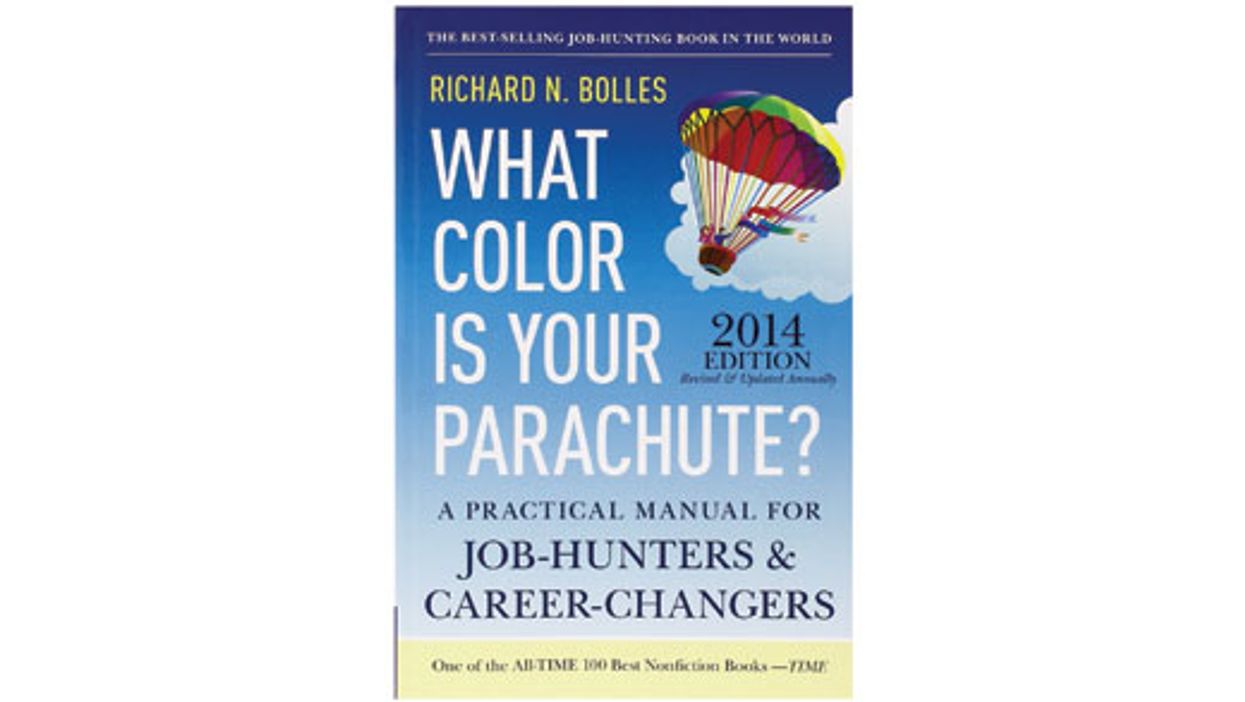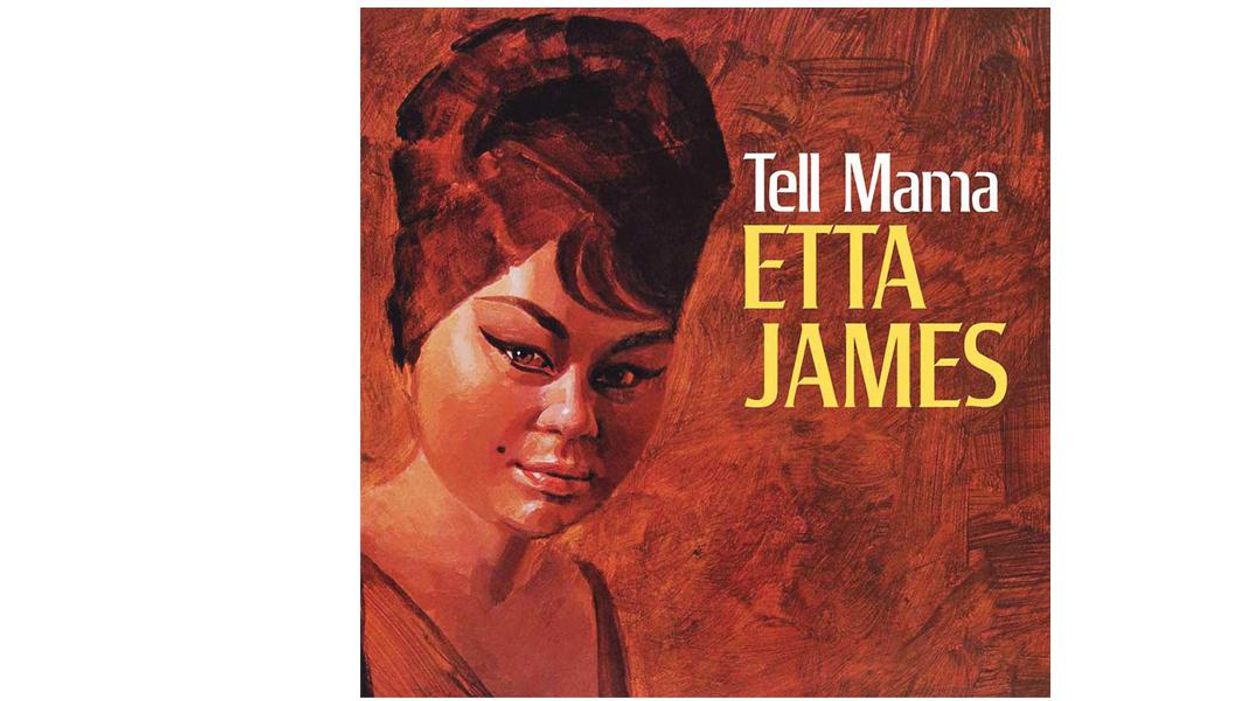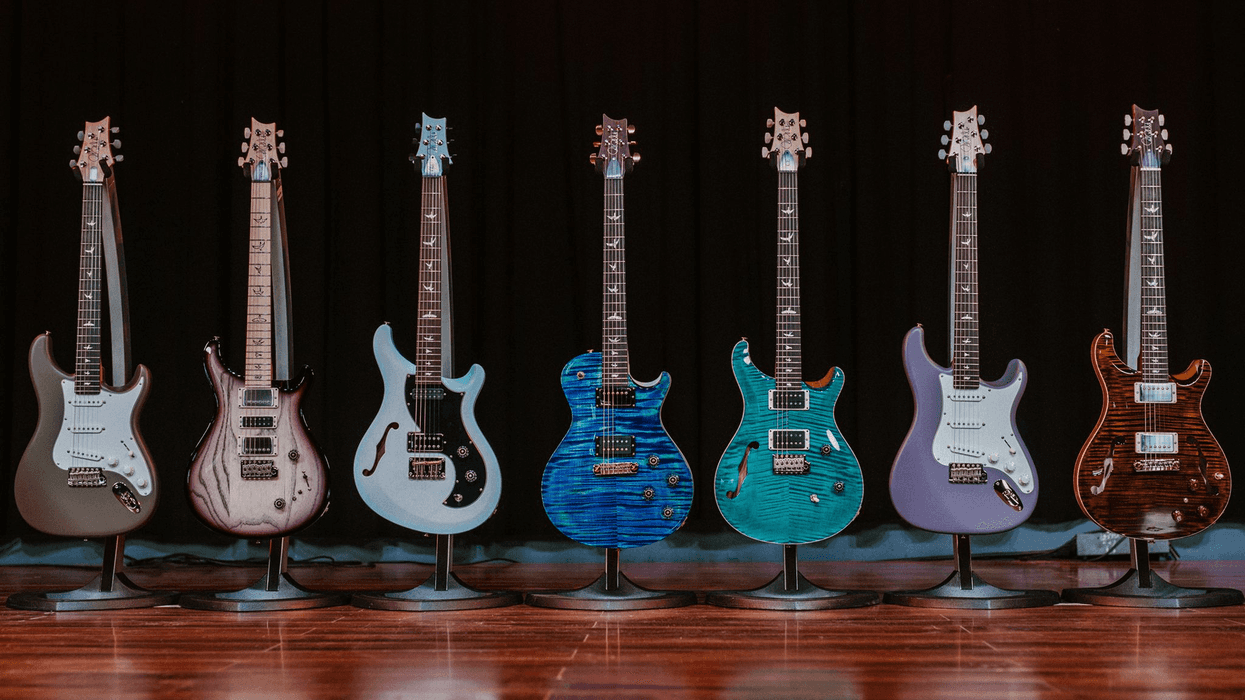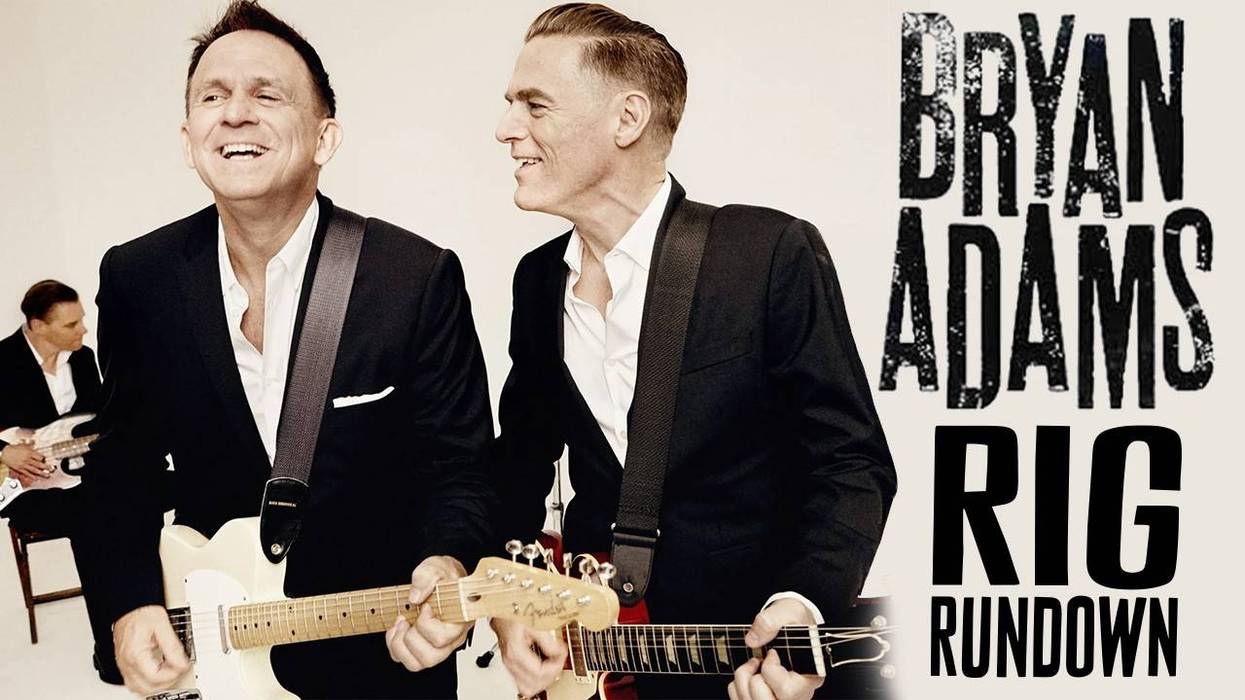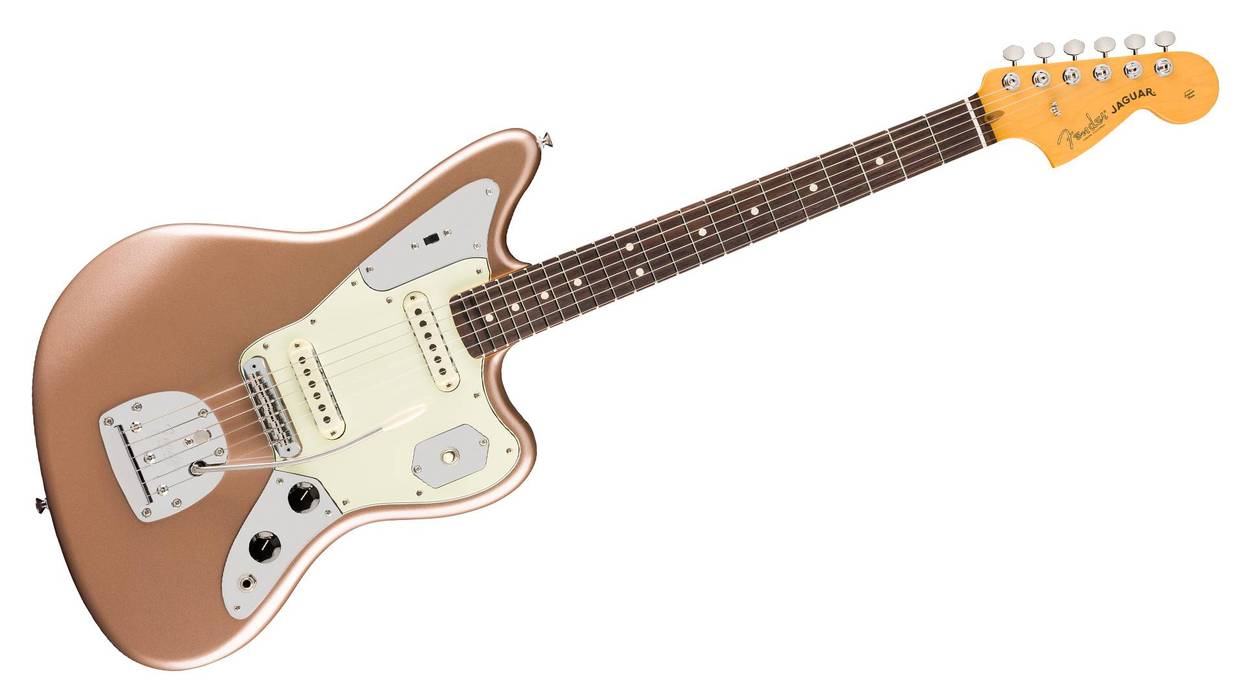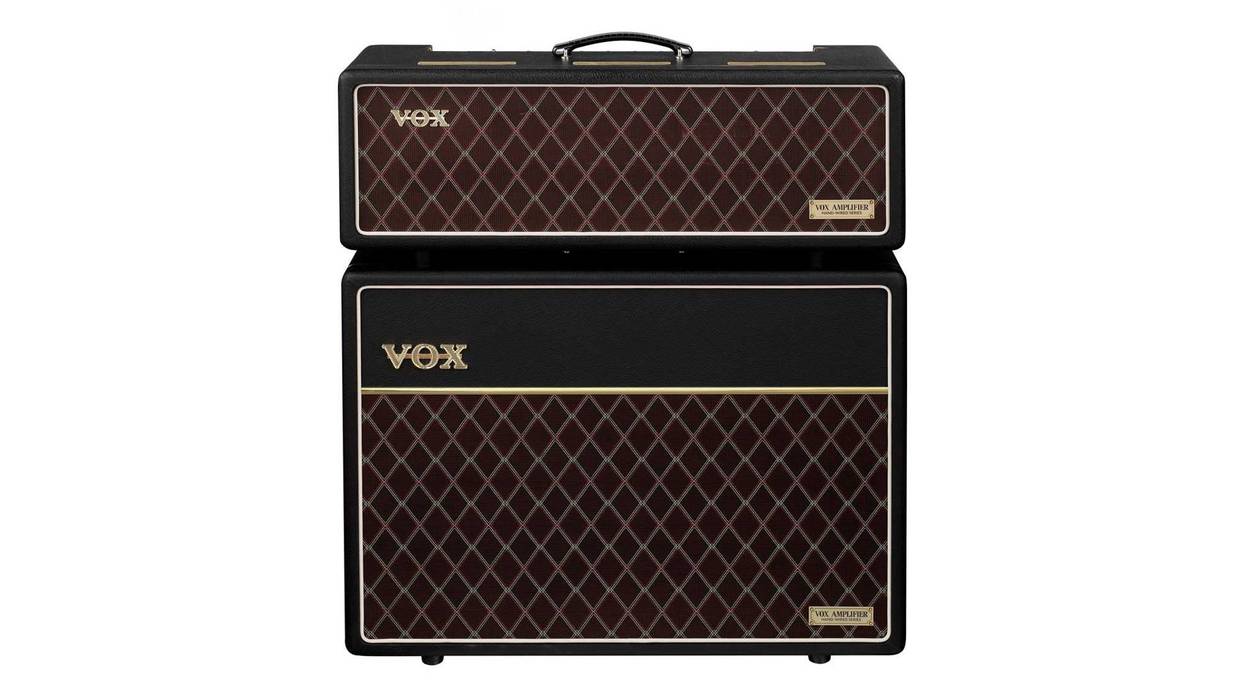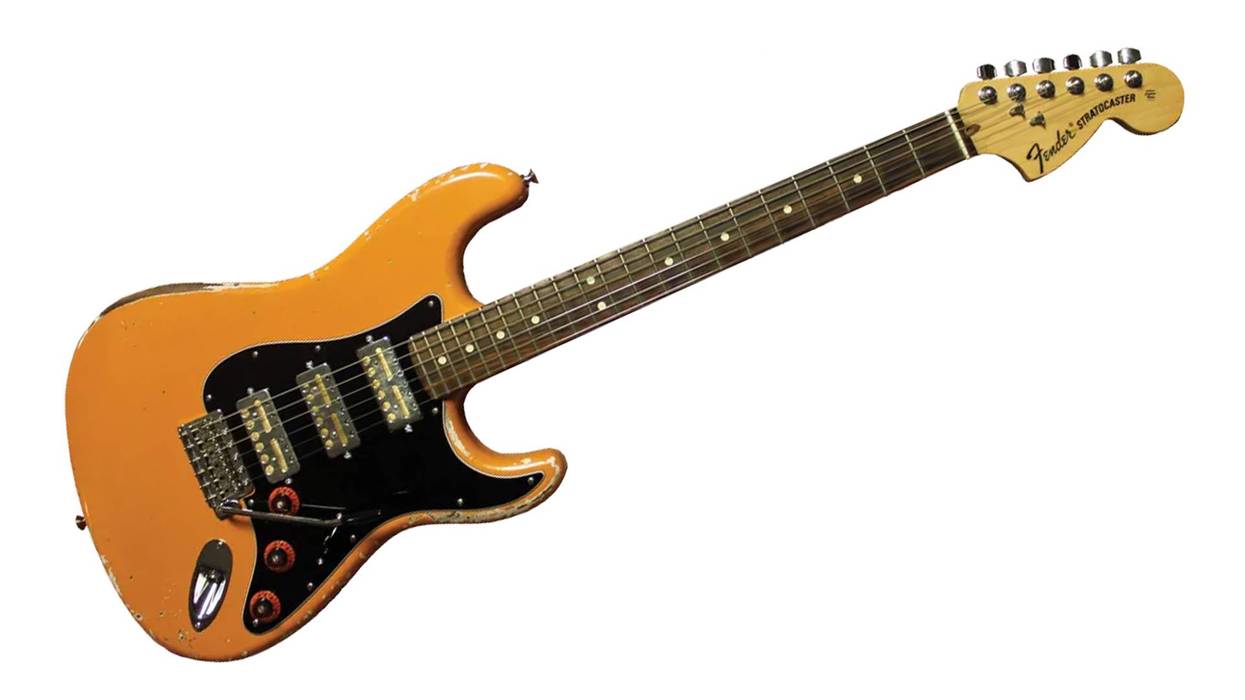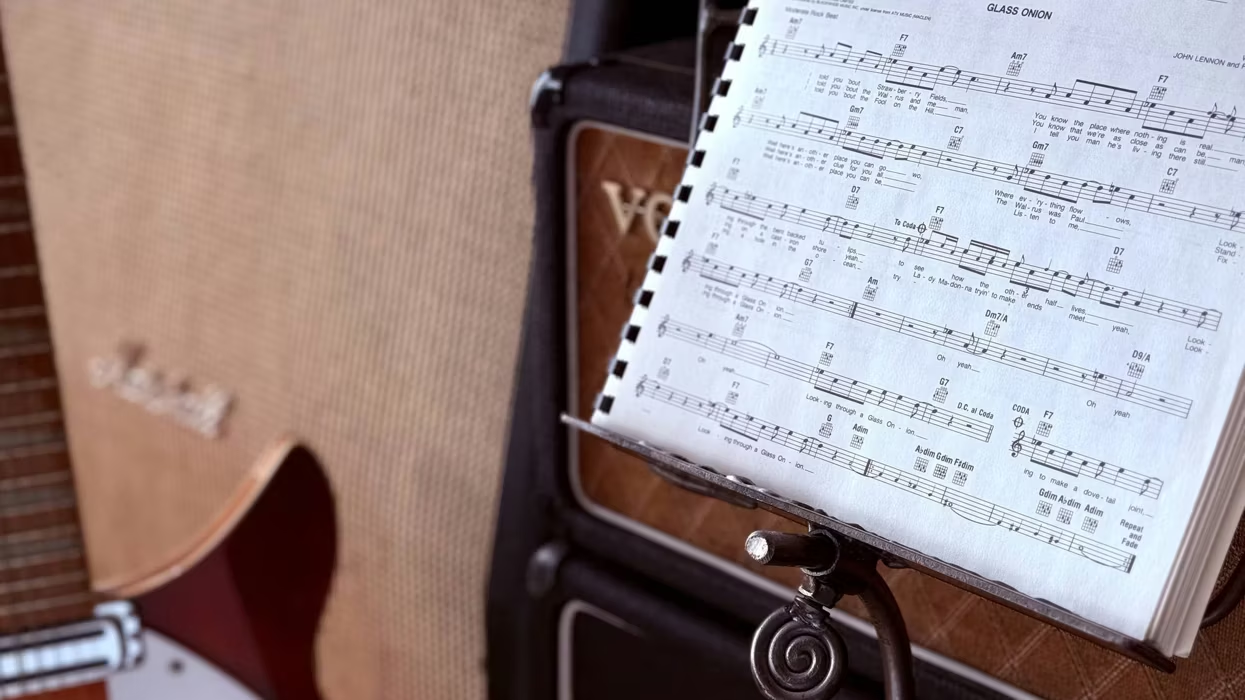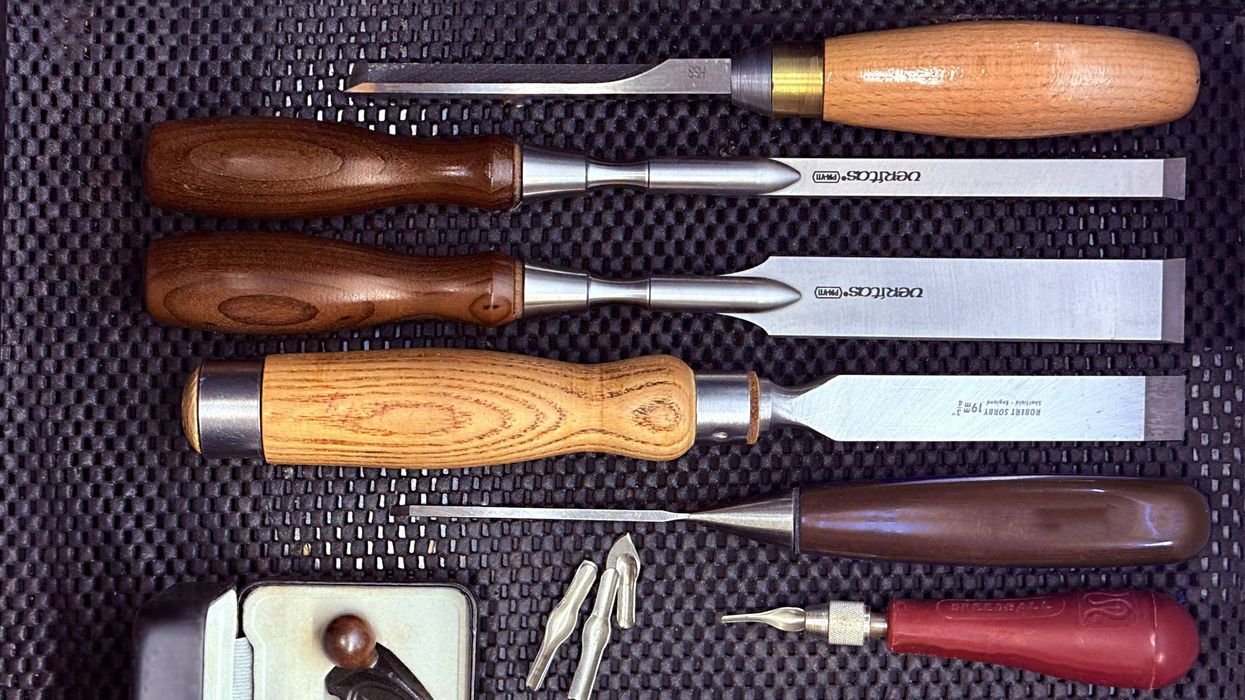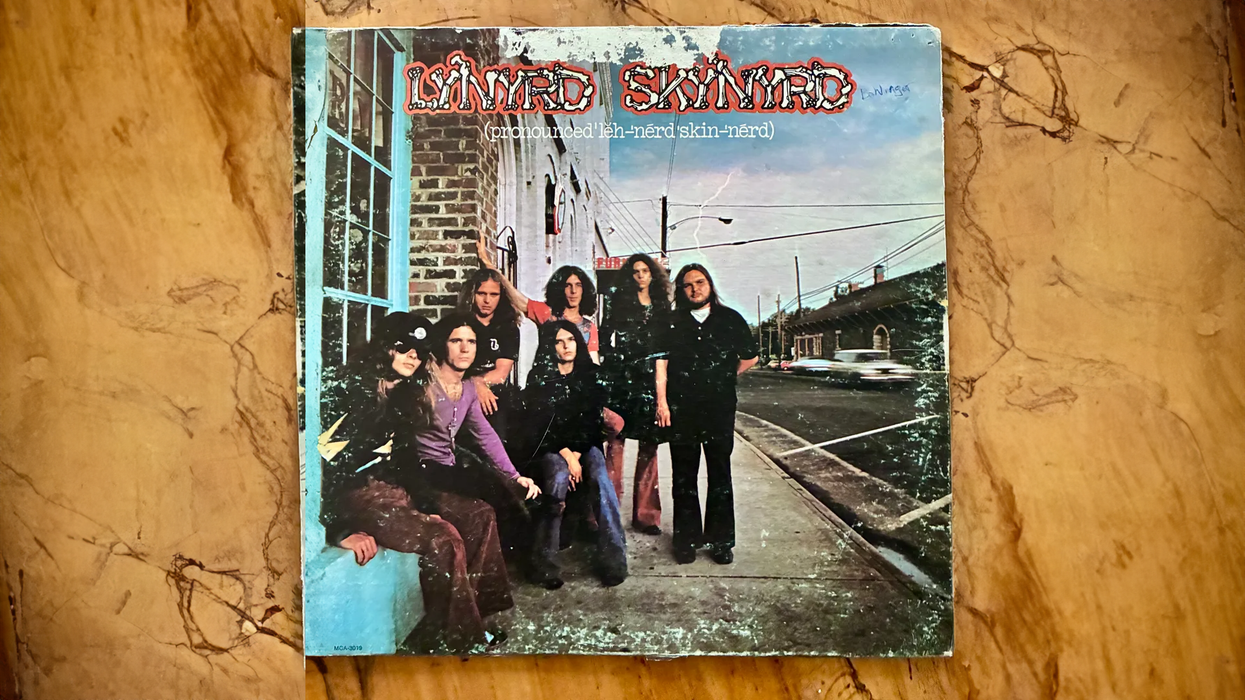I enjoy filming review demos and Rig Rundowns for Premier Guitar. After the videos post online, I usually watch them to hear how I did and read the comments to see if there are things I could improve upon. Sometimes I play poorly. Sometimes I stutter when I talk, or mispronounce words, or start sentences with a long, off-putting “um." Or sometimes I just space out and stare blankly into the camera as I try to formulate my next sentence. Watching myself can be painful—my abundant faults annoy the pants off of me and apparently have the same effect on much of our audience. Many of our more faithful viewers are kind enough to keep me apprised of my shortcomings with helpful comments. I read one last night that I found particularly thought-provoking:
Kaz, April 23, 2014
John doesn't seem like a goofball to me, but more of a creepy psycho. He seems like the type that if he didn't pick up guitar, his career would be assembling rides for a third-rate traveling carnival.
This got me thinking: What could a creepy psycho like me do if I didn't play guitar? Before the whole twangin' and a-sangin' thing took off, I had plenty of Joe jobs. I have toiled as an orphanage worker in Tegucigalpa, Honduras; a fish slimer at King Crab Cannery in Kodiak, Alaska; a part-time faculty member at Eastern Montana College, teaching freshman comp; a pawnbroker; a dishwasher; a tree surgeon; a roofer; a very sweaty waiter; a bread-truck driver; a carpenter; a house painter; a singing telegram delivery person; and—please forgive me—a telemarketer.
These jobs revealed just how limiting my limited skill-set is. Somewhere between that dark period of painter and telemarketer, my mother gave me a self-help book titled What Color Is Your Parachute? (I suspect she was terrified that my inevitable failure would lead me to moving my family into her garage and selling weed to pay for baby formula.) This book was to serve as a practical manual for job-hunters and career changers. There were pages to read, tests to take, and unflinchingly honest self-assessments to make that would guide me into a fulfilling and lucrative career. Sorry mom, I couldn't make it through two consecutive pages of that thing.
While not reading this self-help tome, I did make it through the first 300 of the 807 pages of The Andy Warhol Diaries, where I gleaned at least one important lesson: Art and commercialism work well together. When Warhol reigned as the most successful living contemporary artist, he continued to work doing private portraits commissioned by ego-driven art enthusiasts. Back in the '70s, if you wanted a Warhol of yourself, no problem.
You'd call The Factory, book an appointment, come to his studio and pay him $25k, and he'd snap a few Polaroids and send you on your way. A few weeks later, you'd pick up your Warhol. Not only did Warhol whore himself out, he genuinely enjoy doing it. That resonated with me. From then on my personal mantra became Will Sell Out, Make Offer. (To this day, that's what's on my business card.)
I know wildly talented musicians who lambaste sell-outs. These guys play great but rarely play out because they would never take the low-hanging commercial-fruit gigs I enjoy. (No offense intended to my future or present employers.) These musicians are convinced that playing stupid music is betraying their art and/or will undermine their creativity. Ironically, this small-minded thinking is coming from ostensibly open-minded artists.
Sometimes trying to create exactly what someone else wants—forcing yourself to produce something within the very restricting confines of a commercial format—drives you to extreme inventiveness. You're required to find what's compelling in the project, rather than starting with something that is inherently captivating. Commercial work forces you to open your mind to the beauty in the mundane, a bit like Warhol found the appeal in a Campbell's Soup can. Half of the fun of AMC's Mad Men is watching the mesmerizing creativity it takes to sell Heinz beans and dog food. Don Draper and his bunch are amazingly inventive in the most claustrophobic setting.
In art, sometimes doing what you're told to do rather than what you want to do can be strangely liberating. I think I do my best work when I'm not feeling the pressure to come up with something arty and great. Two weeks ago, I recorded 15 tracks in two days for a reality TV series. It was low budget and the producer wanted a bunch of different styles and a lot of different instruments (guitar, pedal steel, harmonica, banjo, and mandolin), some of which I don't play particularly well. I felt I could never pull it off. I was stressed out of my mind— pacing around my studio, pulling my hair, and wondering what other sell-out multi-instrumentalist I could slag this crap session off on.
When I realized there was no way out of it, I walked outside, had a smoke (don't smoke kids, it's a filthy habit), took a deep breath, and thought it through. In a moment of clarity, my inner voice said: “Don't sweat it, Johnny boy, it's just TV. People will listen to this through tiny speakers and focus mostly on the visual. Just stay in time and in tune and pretend you are a more versatile musician than you actually are."
After that, I felt like a kindergartner in art class. I took some weird chances playing that I would not have taken in a more serious session. It was the sonic equivalent of drunkenly slopping a bunch of bright paint on a canvas and having the end result look a bit like a Jackson Pollock.
Because I've not read the book, I can only speculate that the whole parachute reference is about finding a career that optimizes your interest, so you garner some safety as you free-fall through this short life. What I've discovered is that you are the only security you have—or need. Jobs come and go, but if you find the joy in the job while trying to make your employers happy, you'll be alright. My parachute is the color of a shameless, happy-go-strummy sell-out.


